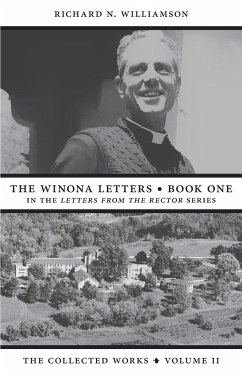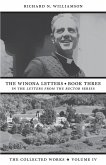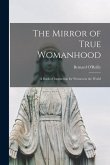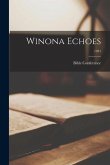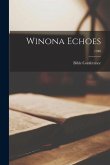This second of four volumes in the Letters from the Rector series includes 67 of Bishop Williamson's letters, numbering 63 through 130, penned between August 1, 1988, and August 12, 1994, while the (then relatively new) Bishop led the seminary (also then newly relocated) in Winona. These letters branch out from dealing with just intra-Society of St. Pius X affairs, and the circumstances of its relationship with Rome, to deal with some of His Excellency's favorite points of controversy as well as the historical events of the period, such as the establishment of Ecclesia Dei, Gulf War I, the "fallout" from the 1988 episcopal consecrations, the deaths of Archbishop Lefebvre and Bishop De Castro Mayer, and - toward the end of the volume - the election of Bishop Fellay as superior general of the Society. Includes a detailed index to the volume's contents. Richard N. Williamson (b. 1940) converted to Catholicism in 1971, was ordained a priest of the Catholic Church by Archbishop Marcel Lefebvre in 1976 for the latter's Priestly Fraternity of St. Pius X (FSSPX), and was consecrated a bishop by the Archbishop for the same fraternity in 1988. From 1976 to 2012 he served the FSSPX in various capacities, most notably as rector of St. Thomas Aquinas Seminary in Ridgefield, Conn. (1983-1988) and later in Winona, Minn. (1988-2003). After a brief stint as rector of the FSSPX seminary at La Reja, Argentina (2003-2009), he was posted to England for a extended "sabbatical," following his incendiary and widely circulated public remarks regarding the "holocaust." The remarks, coupled with three decades' worth of controversial opinions, as well as his disagreement with its recent management and direction, led to his (canonically irregular) removal from the FSSPX in late 2012, since which time he has operated as an independent bishop providing sacramental and doctrinal nourishment to a widely diverse group of Catholic faithful around the world. He is widely known, and both loved and hated (as the case may be) for his controversial and "radical" (i.e., going to the "root" of the issue) opinions on matters both secular and religious, from 9-11 to World War II to modern film to suburban living to feminine dress and more. The bulk and essence of his opinions are captured in the letters "to friends and benefactors" ¿ including those featured in this volume ¿ that he wrote during his two decades of service at the helm of the Ridgefield and Winona seminaries, and which were succeeded in 2007 by his still-running weekly commentary entitled "Eleison Comments," currently curated by the St. Marcel Initiative with the collaboration of the Bishop's long-time friend, confidant, and now biographer, Dr. David Allen White.
Hinweis: Dieser Artikel kann nur an eine deutsche Lieferadresse ausgeliefert werden.
Hinweis: Dieser Artikel kann nur an eine deutsche Lieferadresse ausgeliefert werden.

